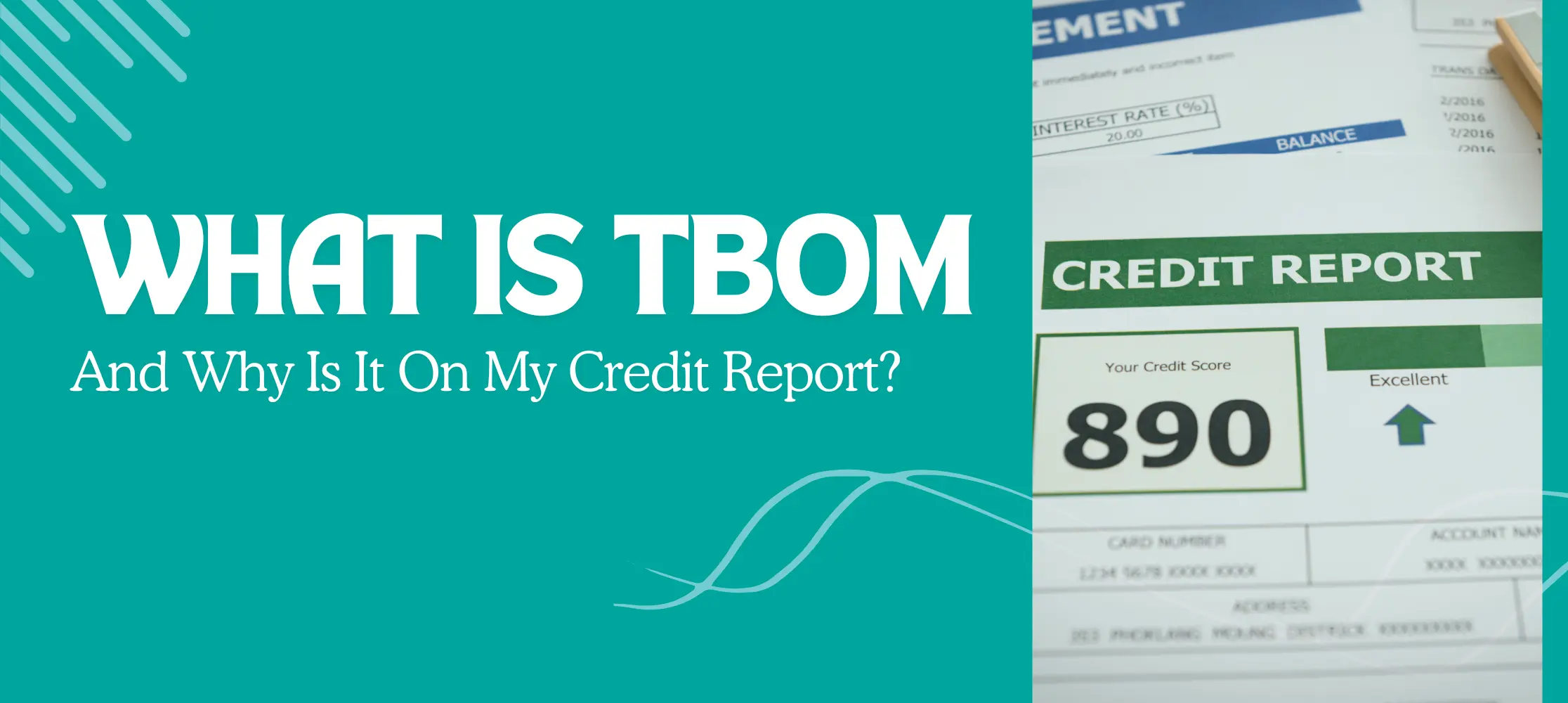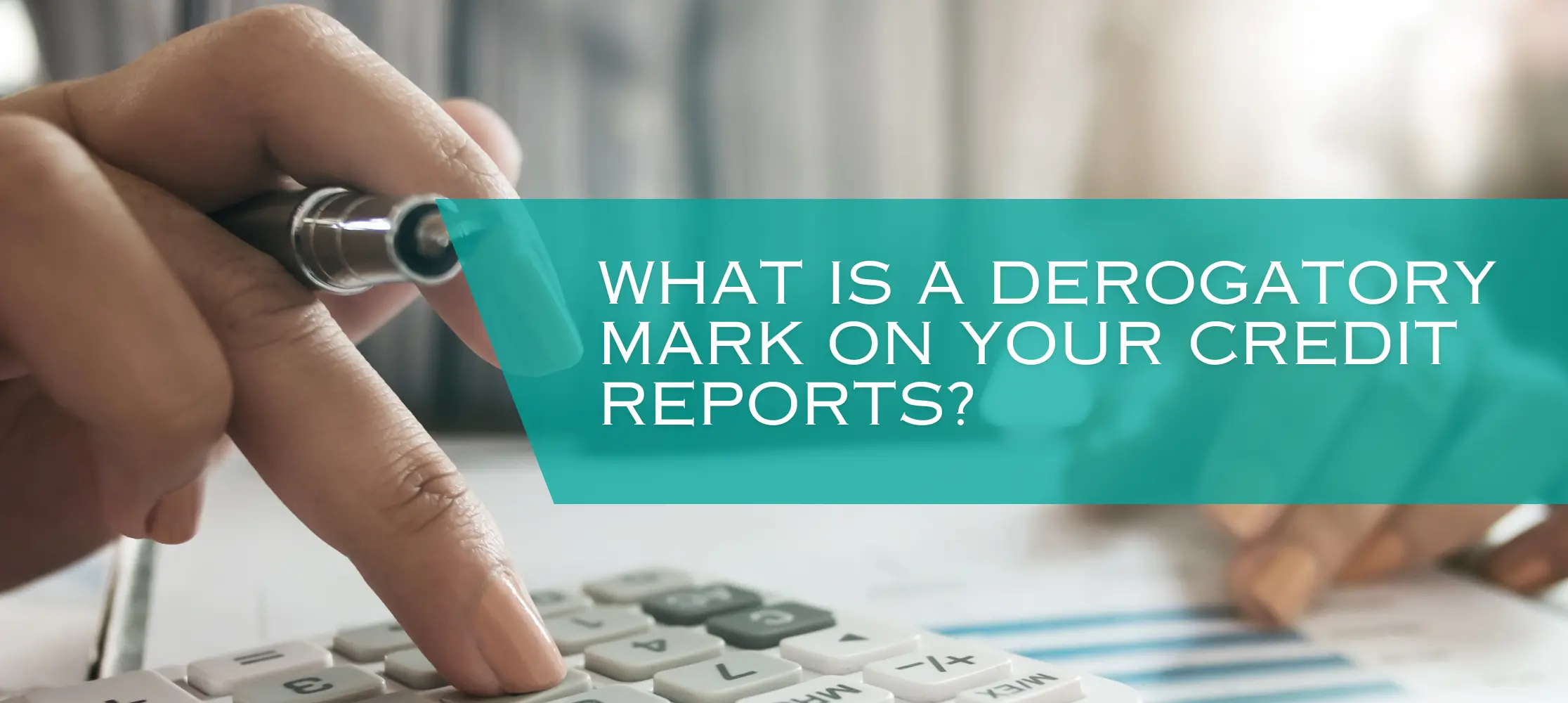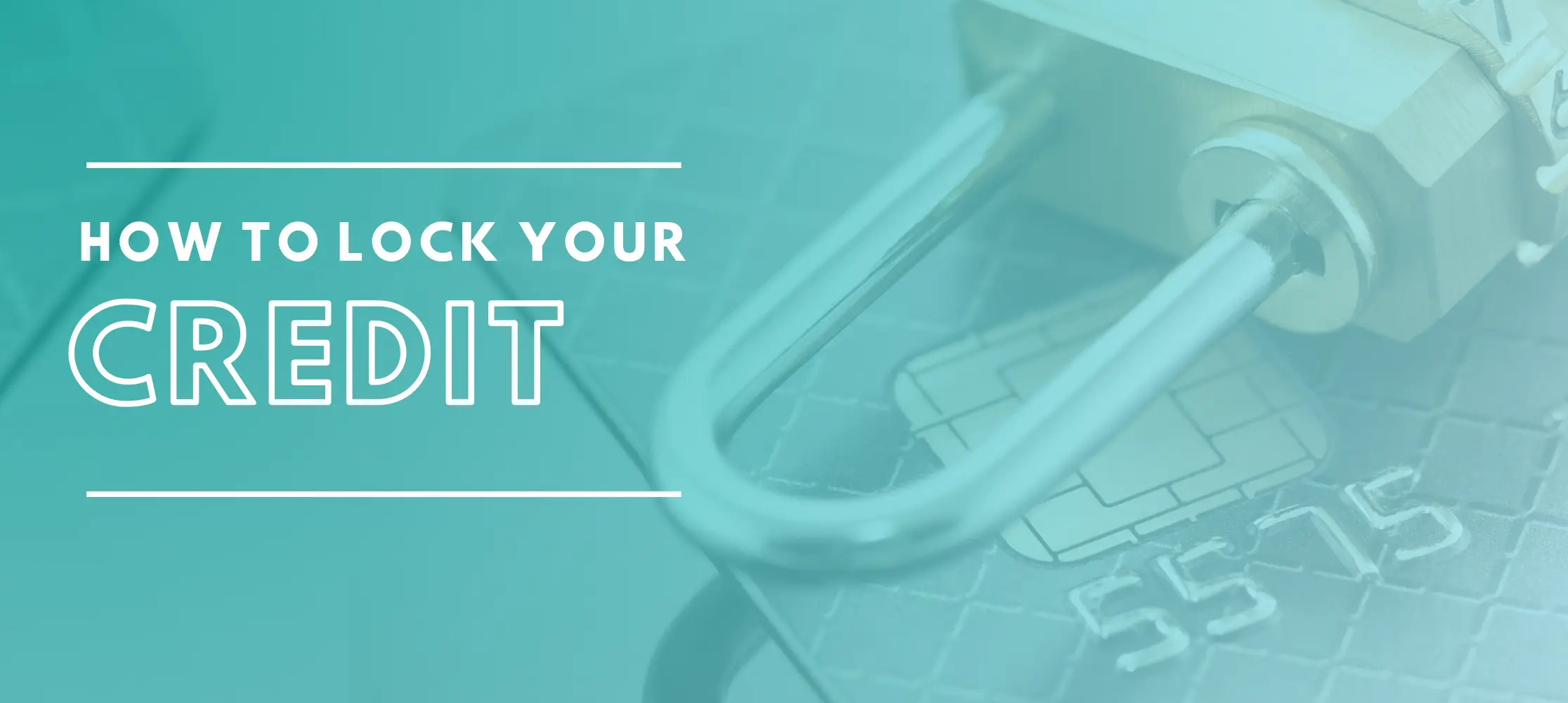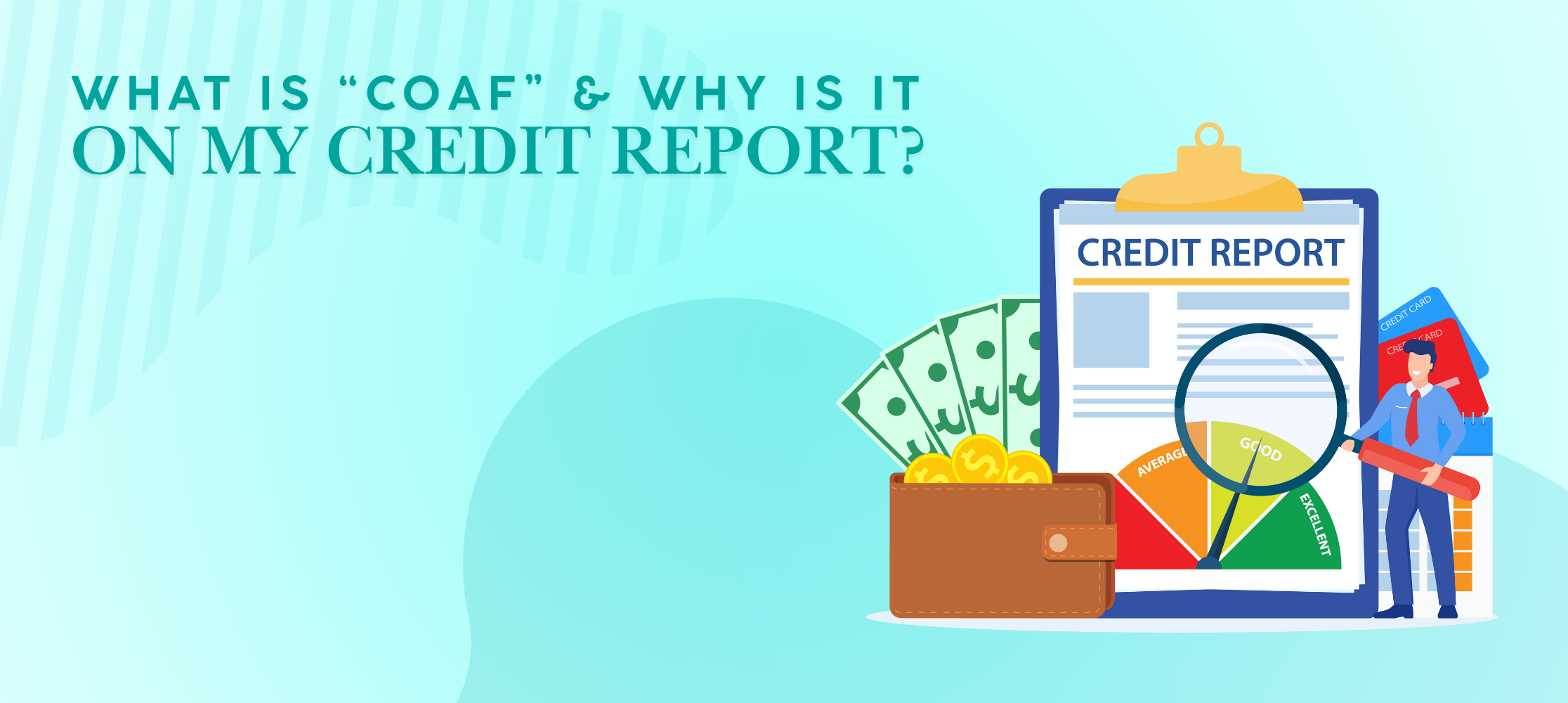Usually, when you check your credit score, you might notice accounts you do not recall applying for or working with. They may look like nothing, perhaps glitches in the system. However, instead of forgetting them all, you must investigate these unknown accounts to make sure that they are accurate.
If not, you might risk your credit score ranges taking a hit for no reason. Have you recently noticed “TBOM retail” showing up on your credit score? If you are having doubts about it, we can help you explore the potential reasons. But first, let us take a look at why you should take this seriously.
Why Is My Credit Score Important?
If you are becoming more invested in your financial future, you have probably been paying a lot more attention to your credit score. However, while 6 in 10 Americans possess a FICO score of more than 700. The rest of the U.S. population has a score of less than 700. This is not ideal if you are willing to apply for a loan.
And, then, there are those 28 million Americans who are credit invisible. This means that they possess no credit history. But your scores actually do count for a lot, particularly if you plan on applying for credit in the coming future in the form of a mortgage or a loan. Your score can influence your financial future for better or for worse based on how high it is. The higher your score, the more chances you will have to be accepted for top credit cards, other loans, and mortgages. Even something as tiny as a mobile phone contract can take my credit score into account. Having a rich credit score displays that you are not a threat to lenders. This, in turn, enhances your financial opportunities by making it a lot more likely that companies will be willing to lend you money.
What Is TBOM-Retail?
The Bank of Missouri is commonly known as TBOM. If you have recently applied for a retail credit line or even The Bank of Missouri credit cards, then it will appear on your report as TBOM retail or simply TBOM. This might also show as The Bank of Missouri or TBOM Genesis Retail.
Many times, the TBOM issues credit cards under distinct names. This means that even if you do not think that you have taken out credit using them, double-check any recent credit. You can do so by looking at the bottom of your cardholder agreement. Moreover, you should also review the Ts and Cs of your account or the credit account website.
If you are in debt with TBOM and this term starts to show on your scores, then you can dispute this issue, too. You can hire our experts at Gifted Financial Services to dispute these errors.
What Is A Hard Inquiry?
If you come across a TBOM/Fortiva on your credit score, you should take it as a cue that the company performed a hard inquiry prior to deciding whether or not to issue the credit card. Hard inquiries happen when you apply for credit with a lender, and they check your reports to see whether it is safe to lend you money or not. Sadly, this sort of inquiry will show up on your record.
If you apply for credit with various creditors and all of them end up performing a hard inquiry, this can result in your credit score dipping. This is because the providers see applying for several lines of credit as a sign that you may be in a bad financial position. This, then, can be risky for lenders.
On the other hand, soft inquiries do not show up on your credit score. Prior to applying for any type of credit, you must go through all the terms and conditions to determine whether it will show up as a hard or soft inquiry. This can be because there are various results of your scores based on which type of inquiry it is. While merely an inquiry must not influence your reports a lot, numerous inquiries in a short span of time can raise concerns for lenders.
What Is FRC/TBOM Hard Inquiry?
The Bank of Missouri is a huge mid-western bank that offers a lot of credit options. FRC/TBOM (TBOM Fortiva Consumer Credit) serves as a reporting code that references a line of credit products linked with TBOM offers. If such an inquiry appears on your report, even though you do not recognize an application for them, worry not; you have a bunch of options. You can hire reputed credit score monitoring services, such as Gifted Financial Services, and dispute to remove their false claims. If you are wondering whether you can get rid of such inquiries, then in many cases, you actually can! However, it depends on a few factors. Let us discuss this in detail.
How To Remove TBOM On Credit Report
In order to get a hard inquiry removed from your report, it has to meet either one of three criteria, i.e.:
- You know nothing about the hard inquiry being created
- You did not approve the inquiry in the first place
- There are too many inquiries on your account
If you did not actually try to take out a credit card or line of credit with The Bank of Missouri credit cards, this would meet the criteria for getting rid of the inquiry from your report. In order to enter a hard inquiry dispute, you will need to get in touch with authentic credit score services, i.e., Gifted Financial Services. These experts will dispute the inclusion of the inquiry in your report.
Summing It All Up!
Do you ever feel as if your finances are controlling your life, not the other way around? We totally get it. Staying on top of your scores can be way too confusing and time-consuming. This is why we are here to help you do it with as little hassle as possible. Gifted Financial Services can help you improve your credit score. They do so by assisting you in monitoring and managing your report and TBOM credit card and taking control of your own hands by disputing false accounts.






